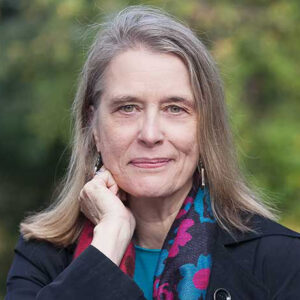We were off to a post lockdown party at a park in downtown Melbourne. I really didn’t know anyone except our hosts, and so, I took the initiative and introduced myself to a man who was sitting next me in a camp chair. I asked him what he did for a living, and he told me that he was a psychologist. I mentioned to him that I had just submitted a book (The Newcomer’s Dictionary) to my publisher and that it was about my childhood filled with frequent moves. He replied that he had grown up attending boarding schools and that he had a very unsettled childhood and a painful adolescence. He then asked me whether I knew about ‘attachment theory’. I replied that I had heard of it but did not know much more.
The conversation between us immediately faltered, and I sensed that I had failed some test of ‘seriousness of intent’. To his mind, I clearly needed to be more knowledgeable about attachment theory if I was writing about the emotional impact of frequent moves on a child. However, what I had written was not a thesis on childhood trauma, but rather a memoir, an exploration of my personal memories and the tools my sister and I had employed to survive our frequent moves growing up
Of course, being conscientious, after the party, I went home to read about ‘attachment theory’. It is very relevant to anyone who has grown up experiencing frequent moves and constant change, but as an adult survivor of an unsettled childhood, I can choose to write about the aspect of that childhood that is important to me. The psychologist may have been an authority on attachment theory, but I am an authority on my childhood. His reaction discounted my experience and my feelings because I did not reflect back to him what he felt was important. This is one of those profound lessons for newcomers because we rarely, if ever, see or expect to see our experiences and feelings reflected back to us. My newcomer experience was deemed amateur while he felt his was professional. Fortunately, I am not attached to his view of the world.
